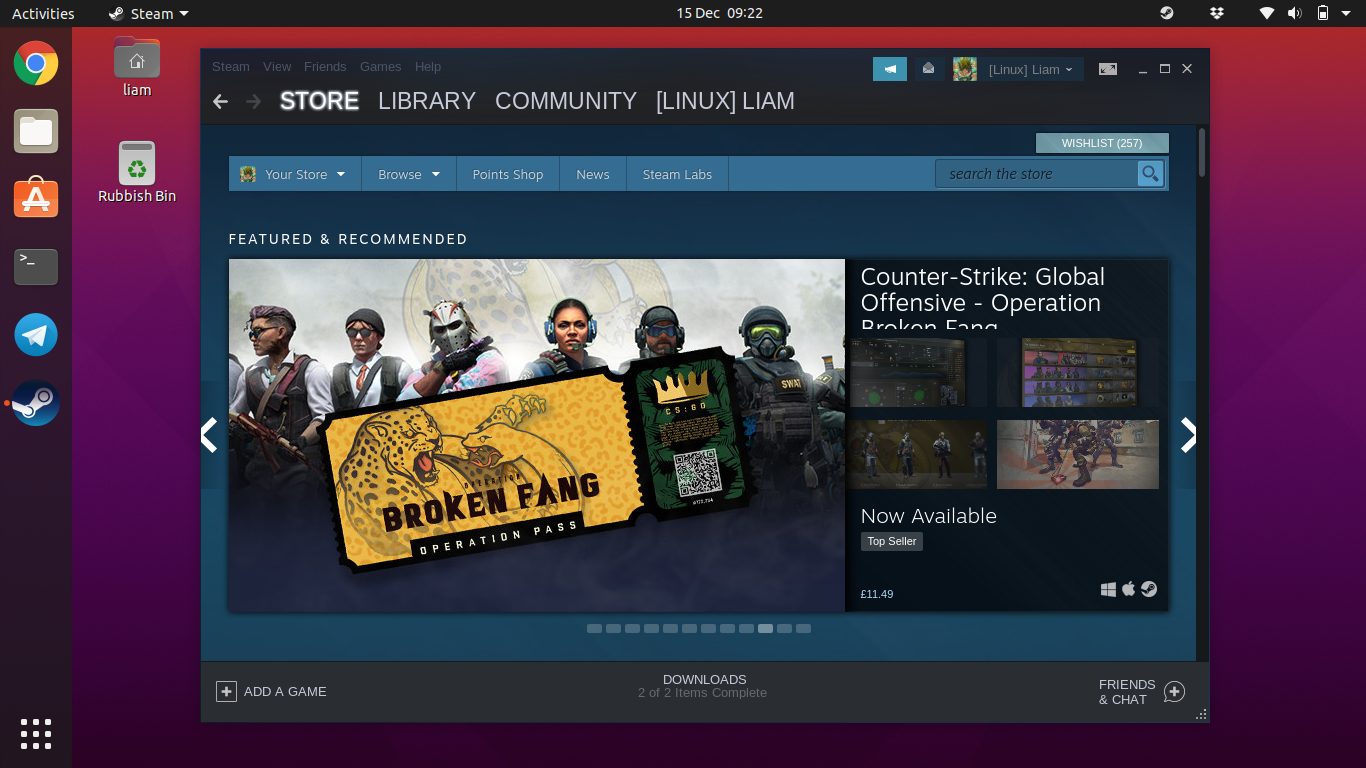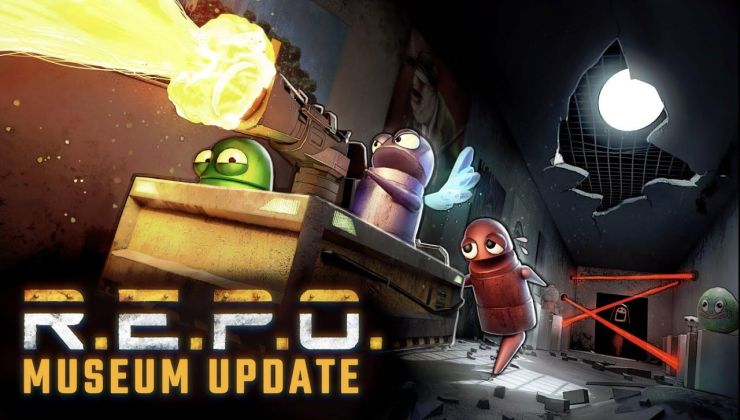Looks like Canonical, the creator of Ubuntu, want to get in on more Linux Gaming with their Desktop Product Manager starting a new series of blog posts and your feedback is needed.
The first blog post goes over using Steam and Proton, which won't be news to any of our readers, especially with our full guide existing for some time now. What's interesting though, that I had no idea, is that their Desktop Product Manager is Oliver Smith, who previously worked for Creative Assembly as a Producer on the likes of Alien Isolation - which got ported natively to Linux by Feral Interactive.
As for the actual guide, it's a pretty good intro for those who need to point newer users to get setup ready with Steam and try out Proton.
At the end of it, Smith mentions how "we don’t want to get complacent, we know there is still a lot more we can do to improve the gaming experience on Ubuntu Desktop" and that Canonical is "keen to hear from you on the issues or areas we should focus on in 2022". A post on their official Discourse Forum has been opened to gather feedback.
The first reply on it already jumps right into thing Ubuntu should look to sort, like making Mesa upgrades easier so people don't need to resort to PPAs for new graphics drivers on AMD/Intel, which is often needed to keep up with newer game releases and new Proton releases.
Hopefully this will be the start of Ubuntu making more progress to make gaming great on Ubuntu, and easier overall.
Neither Debian or Ubuntu use the packages build by the Debian developers so your statement about that Ubuntu is stable because of the packages build by developers makes no sense.Wtf? Of course Debian and Ubuntu use the packages built by Debian developers...
The stability of a distribution comes from the release management, build procedures and QA, all of those Ubuntu does independently of Debian.
FFS.
That's not true anymore for some years now.
https://wiki.debian.org/SourceOnlyUpload
Ha, that's semantics. The developers still have to make the debian directory stuff initially. Me, as a debian user, download packages built (designed) by the Debian maintainters and packaged by the build server. Which is what I was trying to say. There are automated build processes in place.Neither Debian or Ubuntu use the packages build by the Debian developers so your statement about that Ubuntu is stable because of the packages build by developers makes no sense.Wtf? Of course Debian and Ubuntu use the packages built by Debian developers...
The stability of a distribution comes from the release management, build procedures and QA, all of those Ubuntu does independently of Debian.
FFS.
That's not true anymore for some years now.
https://wiki.debian.org/SourceOnlyUpload
For the most part, you can't just drop a tar ball onto the build server and expect it to always do the right thing. And even then, they still have the process of uploading such things being vetted for DFSG compliance, etc, right?






 How to install Battle.net on Linux, SteamOS and Steam Deck for World of Warcraft and Starcraft
How to install Battle.net on Linux, SteamOS and Steam Deck for World of Warcraft and Starcraft How to play games from GOG and Epic Games on Linux, SteamOS and Steam Deck
How to play games from GOG and Epic Games on Linux, SteamOS and Steam Deck